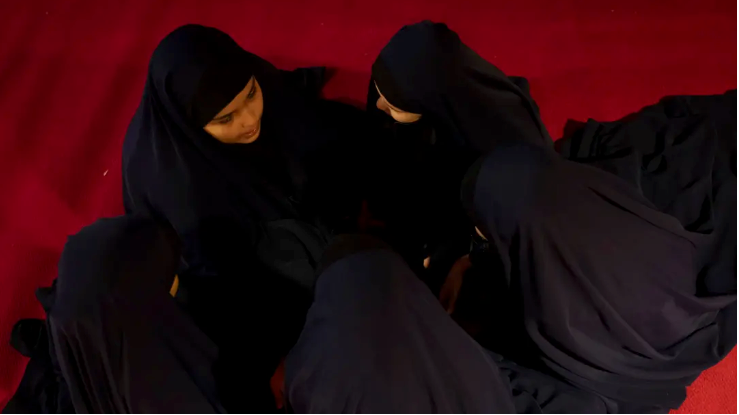Iran Votes for New President in Snap Elections
Iran is voting in snap elections on Friday to choose a successor to Ebrahim Raisi after the then-president was killed along with other senior officials, in a helicopter crash in May....
0:00
/1861
Facts
- Iran is voting in snap elections on Friday to choose a successor to Ebrahim Raisi after the then-president was killed along with other senior officials, in a helicopter crash in May.1
- Mohammad Bagher Ghalibaf, parliamentary speaker and former air force commander of the Islamic Revolutionary Guard Corps, and former nuclear negotiator Saeed Jalili — both considered hardliners — are said to be the most prominent of the four candidates.2
- The other two contenders are the sole reformist candidate, member of parliament Masoud Pezeshkian, who led the race in two recent polls, and cleric and former interior and justice minister Mostafa Pourmohammadi, who are generally considered conservative.3
- Six candidates were initially approved to run for president, but Tehran's Mayor Alireza Zakani, and the head of the Martyrs Foundation, Amirhossein Ghazizadeh-Hashemi, pulled out of the race a day before the ballot.4
- Iran's supreme leader, Ayatollah Seyyed Ali Khamenei, called for high voter participation in the 14th presidential election since the 1979 Islamic Revolution 'to prove the health and sincerity of the Islamic Republic's system.'5
- Over 64M Iranians are eligible to vote, including about 10M Iranians abroad, with the results to be released on Saturday. If no candidate receives more than 50% of the vote, a run-off between the two leading candidates will be held on July 5.6
Sources: 1Reuters, 2Al Jazeera, 3AL, 4Middle East Monitor, 5Iran Front Page and 6Türkiye Today.
Narratives
- Pro-Iran narrative, as provided by Tehran Times. Despite the hopes of certain foreign powers that Raisi's unexpected death would plunge Iran into chaos, the snap election is proof of the country's political stability. Western and Israeli calls to boycott the vote are doomed to fail, and voter turnout is set to exceed that of the 2021 elections. While the results of the free elections are not yet known, they will prove the Iranians' resilience and autonomy and their will to choose their own path amid foreign efforts to bring Iran to its knees.
- Anti-Iran narrative, as provided by Washington Post. This presidential election is essentially a sham, as elections under the Iranian regime are neither free nor fair. Having failed in its foreign policy and economic performance, the regime hopes to boost its legitimacy through a high voter turnout. While Pezeshkian may be the only candidate who aims to improve ties with the West and promises to ease social oppression, he also poses no vital threat to the theocratic system. Iranians deserve change, but this so-called election is unlikely to deliver it.







